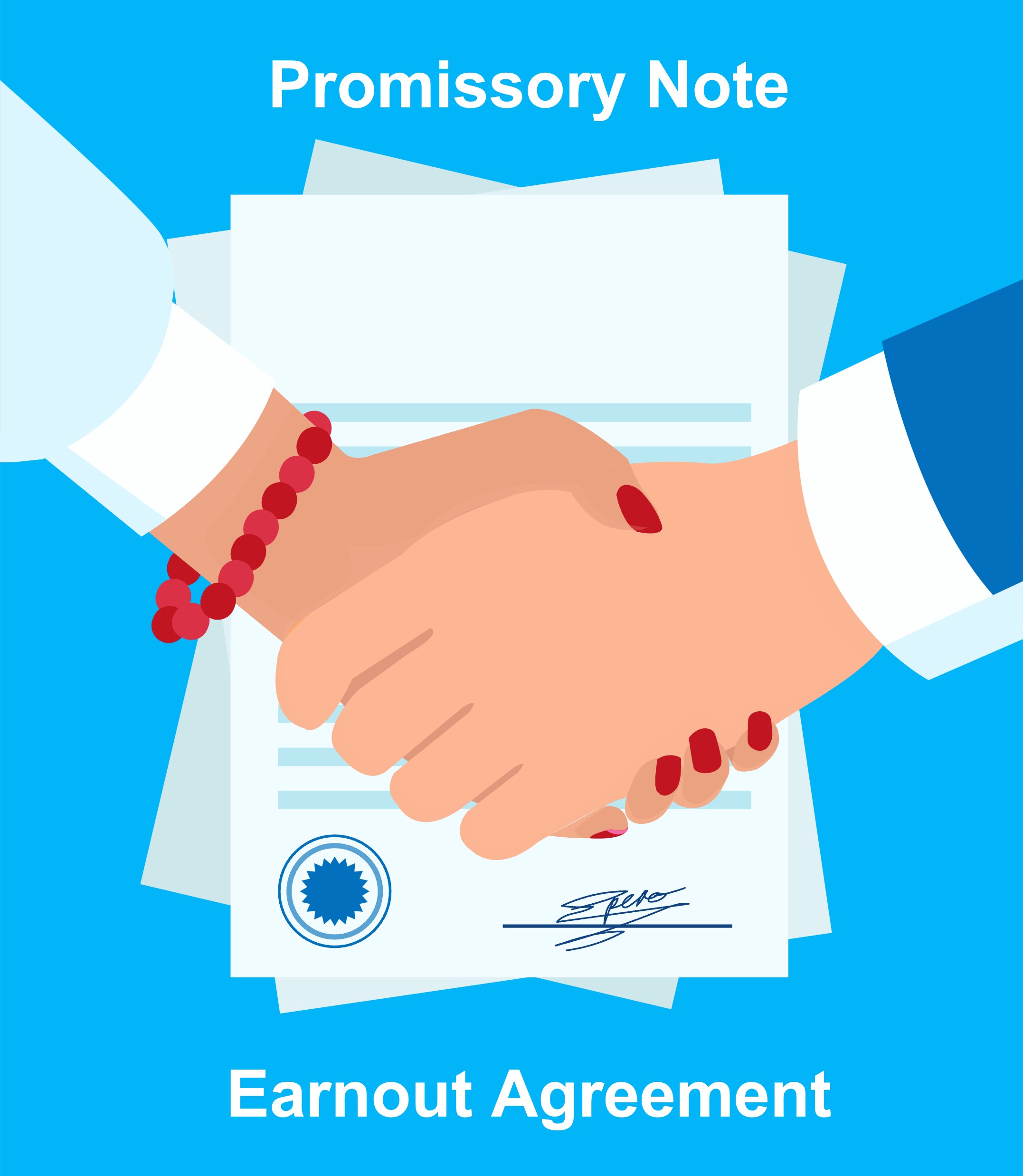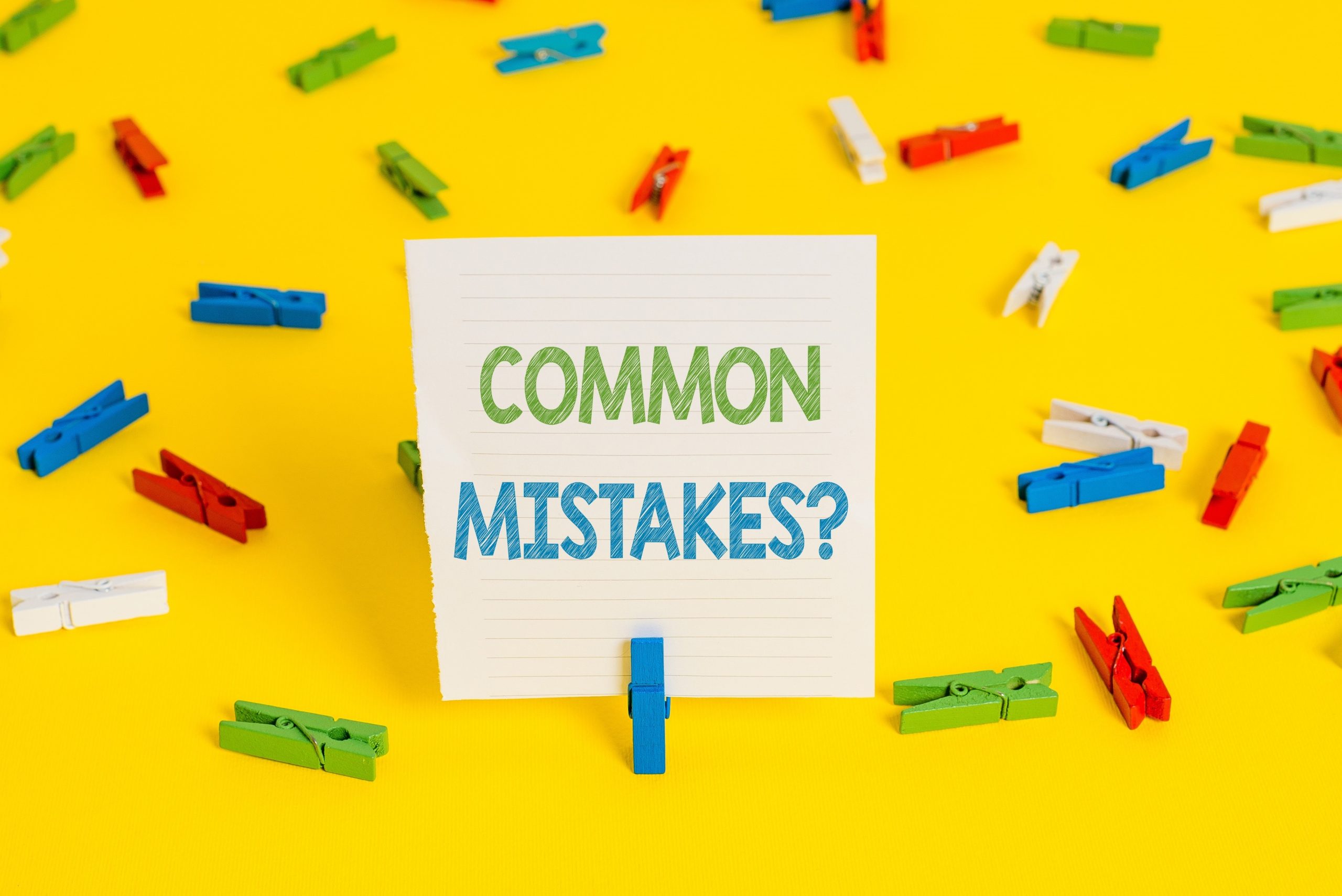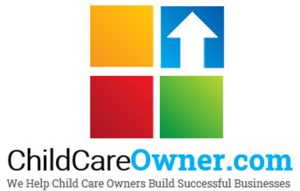Selling a Childcare Business – Owner Financing vs. Earn Outs

In recent years I have received an increasing number of calls (more than in years past) from childcare business owners about selling their childcare business and owner financing. However, the involvement of owner financing in selling a childcare business or any small business is common. In transferring small, medium, and large childcare businesses, the seller financing a small portion of the total purchase price is typical if the purchaser is an individual buyer.
More recently, questions about owner financing in the sale of childcare businesses have been due to several things. First, more childcare buyers require owner financing to buy the childcare business. Now you might think these buyers are individual buyers, couples, or business partners – the typical mom-and-pop childcare buyers seeking financing from the childcare seller. Individual buyers often need a small amount of owner financing to obtain a loan. But, more so in recent years, several existing and new private equity back childcare chain buyers have standardly included owner financing or an Earnout Agreement as a required part of the transaction. Let’s take a closer look at each.
Individual childcare buyers are often not flush with cash and must obtain a loan from a bank to purchase a childcare business. The federal government backs the most common loans (SBA) to finance small business purchases. SBA loans (Small Business Administration) often require less buyer downpayment and more extended amortization periods with lower monthly payments. And most SBA lenders allow the business seller to provide some owner financing which counts towards the buyer’s total required downpayment. In these cases, I usually advise the childcare business seller that providing the buyer with 5 – 10% owner financing would be a reasonable thing for them to do to help the buyer secure a loan for the remaining 90 – 95% of the sale price. In these cases, the sellers’ risk is limited as they receive most of their money at closing.
Now, look at the private equity-backed childcare chain buyers and owner financing. Private equity groups obtain their money from private investors. The private investor gives the private equity group money to buy businesses to receive a high rate of return on their money. Although not a common practice to require the childcare business seller to provide owner financing, some private equity-back childcare chain buyers will not purchase the childcare business unless the seller includes owner financing – and not a small amount – often 30 percent or more.
You might ask yourself why a private equity group needs the childcare business seller to provide so much owner financing. Great question. The most common reasons are to increase the overall return on the transaction. Also, the private equity group can buy more childcare businesses by not having to come up with all cash for every childcare business purchased. And they may only have to pay the seller some of the owner-financed money under the agreement. Additionally, as long as the private equity group owes the childcare seller money – the seller is still tied to the business.
If the seller financing is provided under a valid Promissory Note, the buyer must repay the owner-financed portion of the transaction no matter how well the business does. In that case, it meets the definition of seller financing and a Promissory Note. Think of it like this, you go to a bank and borrow money to improve your childcare business and promise to repay the bank the original loan, plus interest. The document you sign is called a “Promissory Note” – you promise to repay the bank – no matter how good or bad your childcare business does – you must repay the money as you promised.
Well, if a childcare business seller provides owner financing to the private equity buyer, it may not really be under a “Promissory Note” – a promise to repay. Unfortunately, often it is not. I have reviewed numerous “Promissory Notes” (yep, the document title read “Promissory Note”), but it was not a promise from the buyer to repay but an Earnout Agreement. Whereas a Promissory Note is a promise to repay, an Earnout Agreement provides for the seller only to receive payments based upon, most often, future business performance. If the business performance does not meet the terms of the agreement, they do not have to repay the seller. The childcare business performance requirements can include minimum enrollment, gross revenue, net operating income, minimum EBITDA, and many others.
Unlike the sale of middle-market – larger business transactions where the owner of the business may continue to work for the private equity buyer for several years, childcare business owners do not often become an employee of the buyer and continue to run the business. And even if they do stay on to help the buyer post–closing they no longer have control of the business and decision making. The buyer could make all sorts of employee and operational changes that negatively impact the business – and limit the ability of the business to meet the earnout performance requirements. And, yes, you guessed it, the childcare seller will not receive full payment. Unless, in some cases, the seller agrees to come back and work in the childcare business (at a low rate or for free) to help meet the business performance requirements of the Earnout Agreement. Having to go back and work in the childcare business they sold just to get paid their total sale price is not something I have known that owners want to do. Given that these earnouts may involve tens of thousands or hundreds of thousands of dollars due the seller – the seller may not have a choice if they want to get paid.
Again, a Promissory Note is a promise to pay, and an Earnout Agreement only requires the buyer to pay should certain conditions be met. At this point, you are probably saying, “what childcare owner would work years to build a business and then sell out to any “buyer – individual or private equity group” and possibly not get their total sale price in the end? Well, more childcare owners than you might think. Some do so because they are desperate to get out and will agree to anything. But most do not understand the difference between a Promissory Note and an Earnout Agreement. The buyer refers to it as a Promissory Note and assures the childcare seller that all childcare business transactions include such agreements and not to worry. And, far too often, the childcare business owner does not have the right team of advisors – M& A attorney, accountant, and childcare business broker representing them in the sale of their childcare business. Knowledgeable childcare M&A Advisors assist childcare business owners in understanding the complexity and ramifications of Earnout Agreements when selling a childcare business.
A common saying is, “Earnouts are a future lawsuit.” Because the seller often does not receive the total sale price for their business. Therefore, I rarely recommend that a childcare business owner accept an Earnout Agreement. And suggest you contact other professional advisors if a childcare business broker, buyer, or anyone tries to get you to take an Earnout Agreement.




